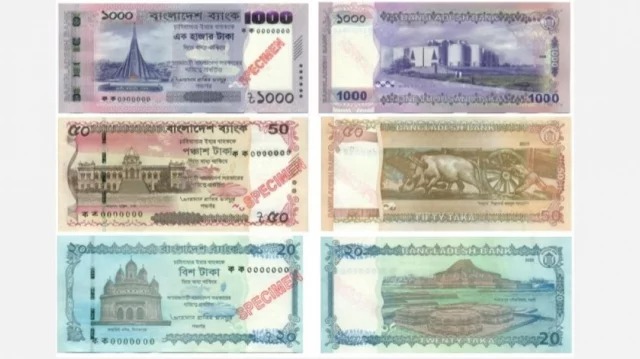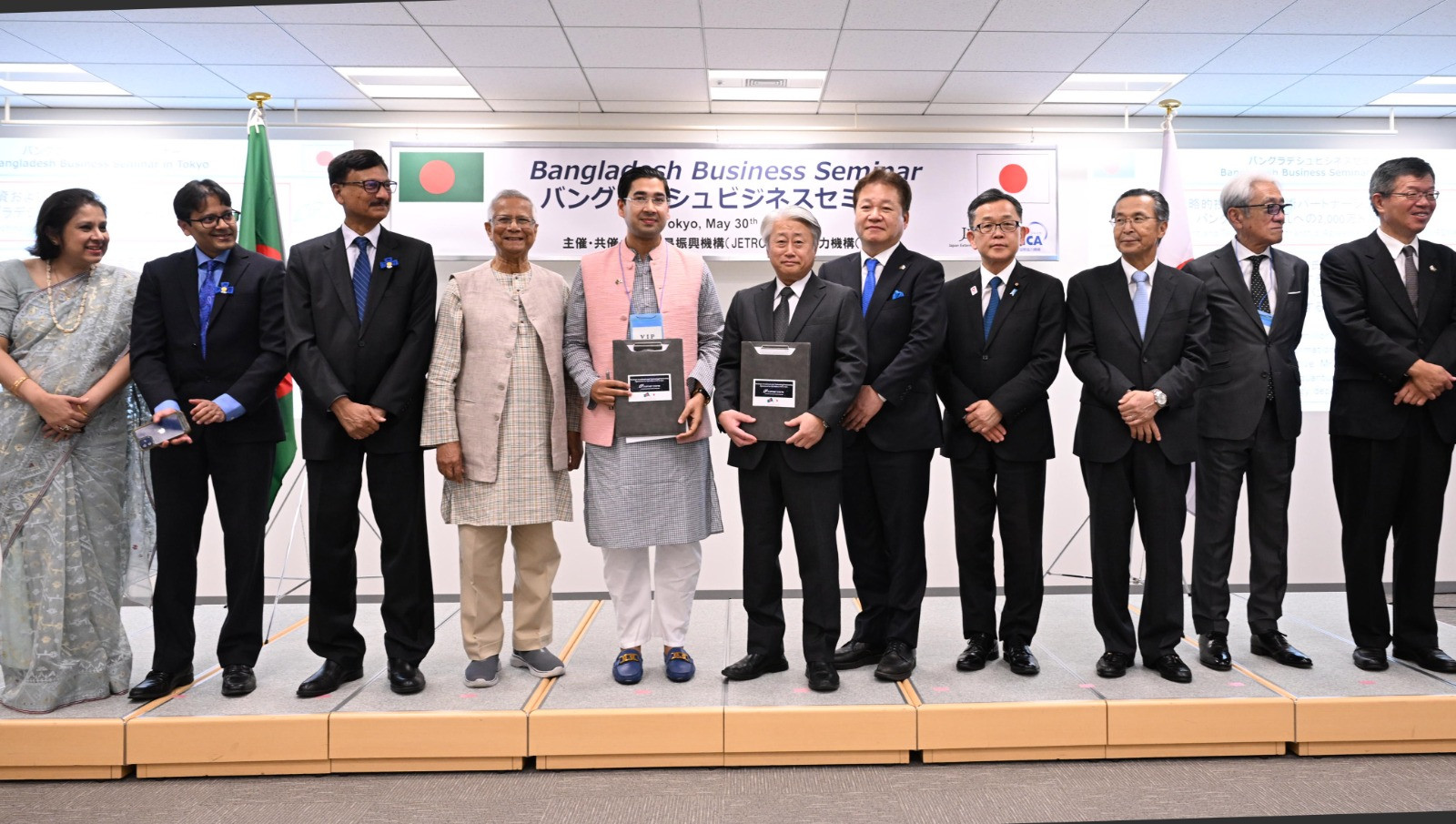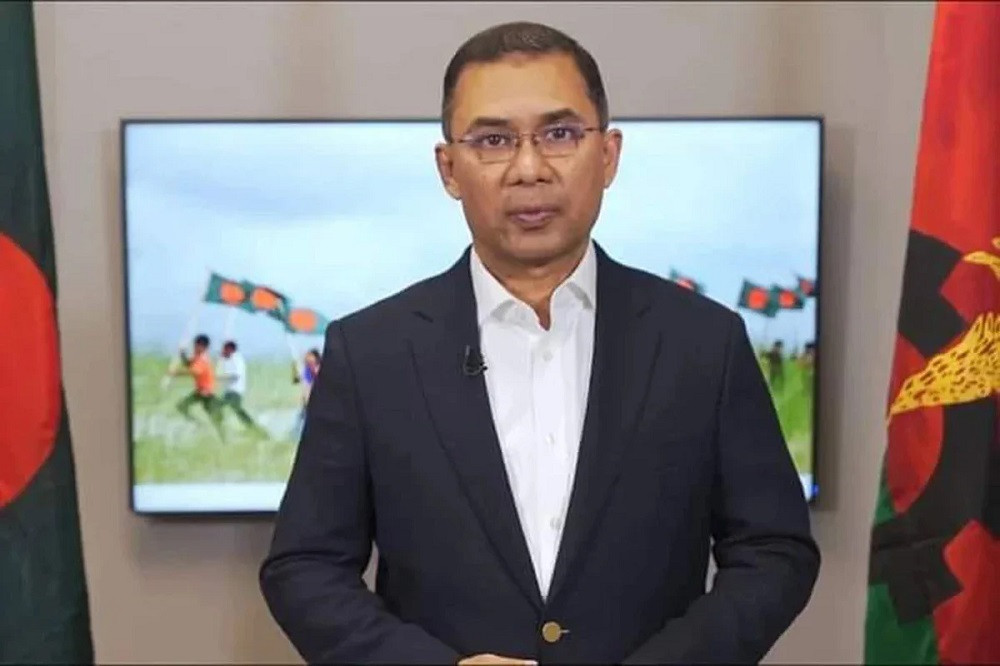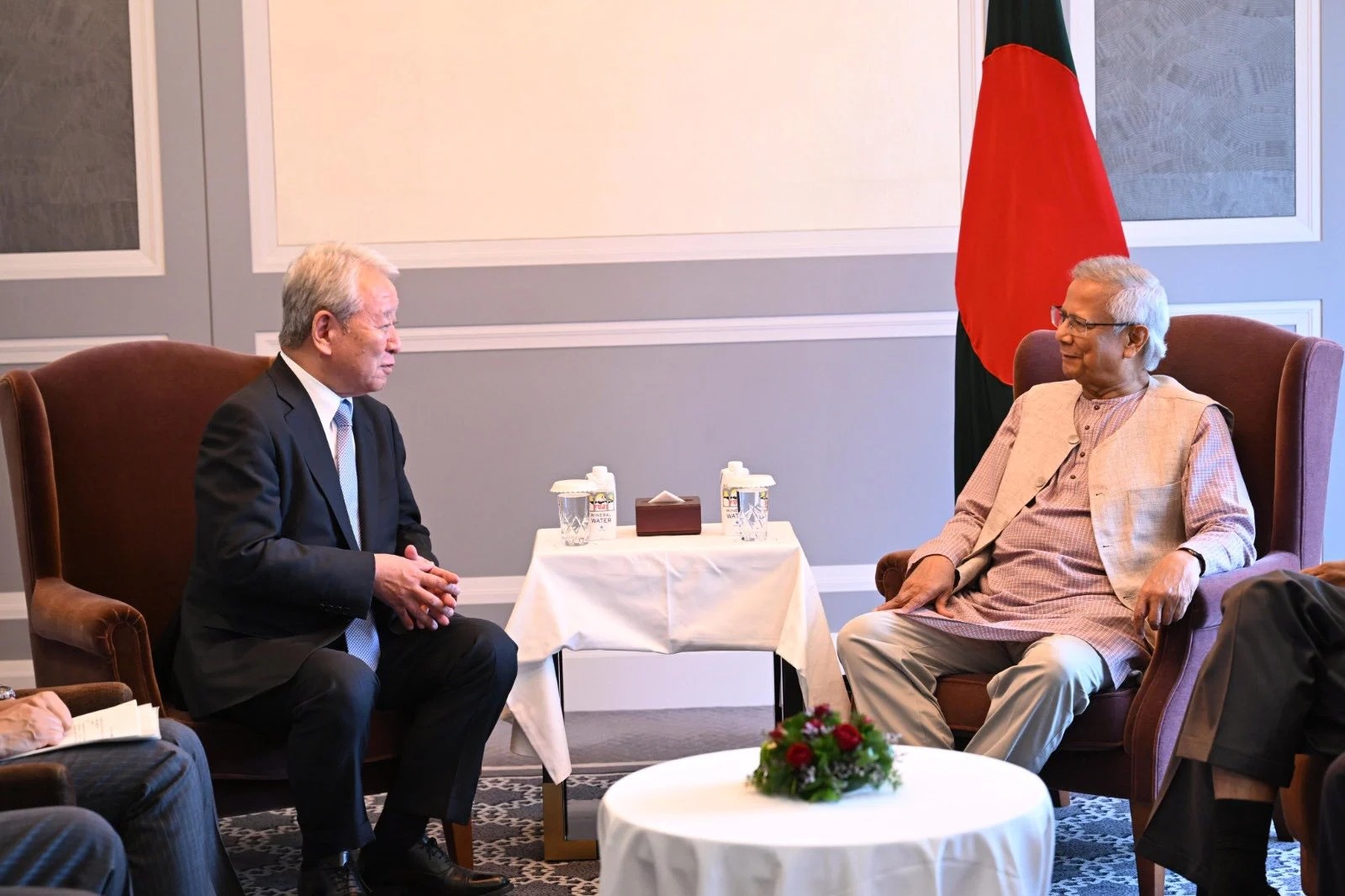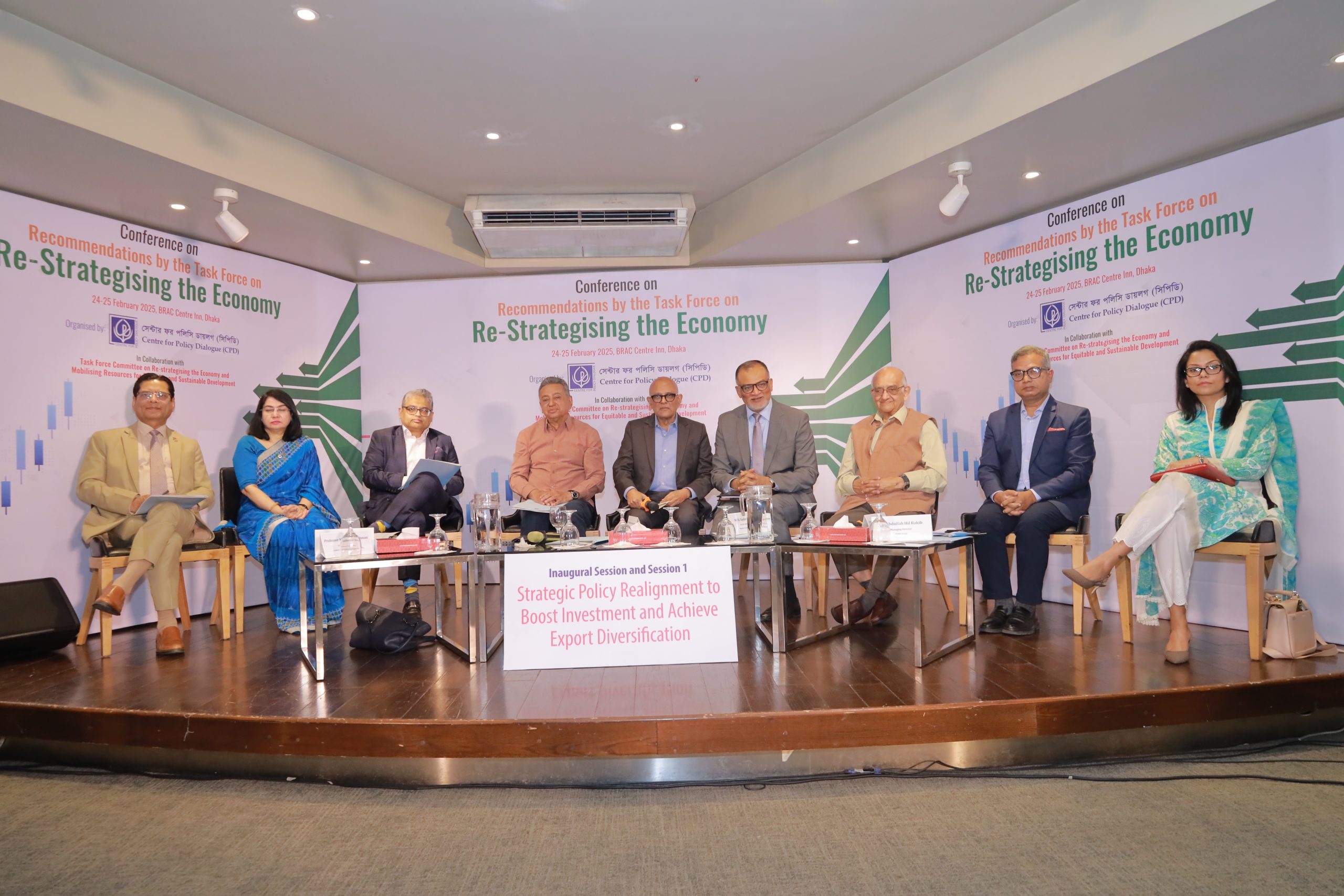
Economist Prof Rehman Sobhan, Chairman of the Centre for Policy Dialogue (CPD), has called for actionable solutions to Bangladesh’s long-standing economic challenges, including export diversification and the promotion of the domestic market.
He made these remarks at the two day-long “Conference on Recommendations by the Taskforce on Restrategising the Economy,” organized by CPD on Monday.
Reflecting on discussions that have spanned over the last 30 years, Sobhan emphasised the need for a fresh perspective in light of shifting global trade dynamics and challenges surrounding foreign direct investment (FDI). He urged Bangladesh to adapt to new realities in international trade, particularly the increasing politicisation of tariffs and the rise of economic nationalism.
While acknowledging the significant potential of Bangladesh’s 175-million-strong domestic market, Sobhan emphasised the importance of leveraging this market for sustainable growth, rather than relying solely on global exports. He also highlighted the necessity of engaging in targeted conversations with current FDI investors to better understand their challenges and attract more foreign investments.
Sobhan urged policymakers to prioritise practical, specific recommendations and focus on crucial areas such as export promotion, industrial diversification, and legal adjustments. He called for concrete steps to be taken in the coming months to implement these strategies, thereby accelerating the country’s economic growth and development.
Economists Urge Caution in Import Liberalisation Before Strengthening Institutional Capacity
After Bangladesh graduates from Least Developed Country (LDC) status, economists have warned that the country will face significant challenges in its export-driven development. Speakers at the conference stated that Bangladesh cannot progress to the next level without easing its high import tariff structure but cautioned that import liberalisation should not proceed without first strengthening institutional capacity.
CPD’s Distinguished Fellow Dr. Mustafizur Rahman highlighted two contrasting examples of import liberalisation – Singapore and Haiti. “While Singapore has strong export and institutional capacity, making liberal imports beneficial to its economy, Haiti presents the opposite scenario,” he said. He warned that Bangladesh faces significant institutional capacity gaps in areas such as revenue collection, policy formulation, and implementation. “Without addressing these weaknesses, import liberalisation could be risky.”
Dr. Rahman also noted that while the average import tariff in the US and Europe is below 4%, they impose 11-18% tariffs on apparel imports. Since Bangladesh is not exporting high-value products with lower tariffs to these markets, the country must focus on strengthening its own export strategy.
Dr. Selim Raihan, Executive Director of the South Asian Network on Economic Modelling (Sanem), stated that Bangladesh lacks a coordinated and effective strategy for industrialisation and attracting investment. He said disjointed policies and efforts are a key reason for the country’s failure to capitalise on its potential.
Former Commerce Minister Amir Khosru Mahmud Chowdhury emphasised the need for a major recalibration of the economy. He pointed out that the government had pursued many wrong policies for a long time, focusing primarily on revenue. He stressed that revenue should come from large-scale businesses in a developed private sector, not from VAT and other regulatory duties. He also warned that without import liberalisation, export incentives would not push exports beyond a certain limit.
Commerce Adviser Sheikh Bashiruddin referred to widespread corruption and money laundering in the banking sector and infrastructure development during the previous government’s tenure, which had put significant pressure on the macroeconomy. He added that the main challenges now are ensuring a continuous energy supply at fair prices, improving labour productivity, and enhancing logistics efficiency.
Economist Dr. Abdur Razzaq, Chairman of the Research and Policy Integration for Development (Rapid), said the Ready-Made Garment (RMG) sector in Bangladesh has benefited from duty-free access to global markets, but this will no longer be available after LDC graduation. He emphasised the urgent need to negotiate with the European Union to maintain this benefit even after December 2027.
Dr. Razzaq also pointed out Bangladesh’s failure to establish bilateral free trade agreements and called for swift action to sign an FTA with Japan. To reduce pressure on the macroeconomy, he stressed the need to rethink export strategies and remittances. He noted that among countries with a dominant population of 18-20-year-olds, only Ethiopia and Pakistan have lower exports than Bangladesh.
Currently, 30-40% of the government’s incentives are going to companies producing goods for the local market. Moreover, 30% of revenue comes from high tariffs on imports. Dr. Razzaq said that 75% of Bangladesh’s total exports depend on LDC benefits, which will no longer be available after graduation. He highlighted that subsidies for exports will no longer be possible post-graduation and noted that since the 1990s, there have been no significant reforms in trade policy. Thoughtful reforms and actions are urgently needed to secure Bangladesh’s future economic growth.
Regulatory authority is being regulated itself
BTRC Chairman Maj Gen (retd) Md Emdad Ul Bari highlighted challenges arising from the lack of coordination due to changes in the law, which now require government approval before BTRC can make decisions. This has hindered decision-making and implementation. Speaking to second session at the conference on “Digital Transformation and Inclusive Economic Development,” he discussed the high cost of internet in Bangladesh, which is partly due to taxes, and stressed the need for tax reductions to make internet more affordable.
Experts emphasised the challenges faced by SME entrepreneurs, particularly in financing. They proposed creating a dedicated SME bank to address funding gaps, as government banks’ SME departments are not fully SME-friendly. Fahim Mashroor highlighted the disparity in internet usage between urban and rural areas, with high taxes and data transmission costs being major factors.
Bangladesh Bank’s Nawshad Mustafa noted that while SMEs can access loans up to 5 lakh taka without collateral, the process needs digitalization to improve efficiency. Nazim Hasan Sattar from the SME Foundation stressed the need for better coordination among over 36 government agencies working on SMEs. ICMAB President Mahtab Uddin Ahmed called for lower taxes on mobile data to promote digital services.
Muhammad Fouzul Kabir Khan, the Power, Energy, and Mineral Resources Affairs Adviser, shared his insights at a session titled “Building Sustainable Futures: Connectivity and Energy.” He discussed the challenges within the governance structure, highlighting the fragmentation of ministries and the need for reforms within organizations under the ministry. While many projects are taken on, there is a lack of clear strategies to generate revenue from them.
He cited the example of the Padma Bridge project, where the estimated revenue was significantly off target. He emphasized that the planning commission should focus on key aspects like projected revenue and continue addressing inefficiencies in project management.
Kabir Khan also mentioned the need for a unified civic operation to address challenges in managing growing cities like Dhaka. He discussed his efforts to recruit professionals for key roles in Dhaka Metro, bypassing traditional restrictions on hiring retired bureaucrats. Despite resistance from within the bureaucracy, he expressed confidence that these reforms would yield positive results.
In the energy sector, Kabir Khan highlighted the issue of high energy procurement costs, noting a significant subsidy burden. He described ongoing efforts to reduce costs through open-market procurement methods, such as introducing liquid fuel suppliers to increase competition. These steps have already resulted in savings of Tk750 crore, with potential annual savings of Tk1,500 crore.
Finally, he spoke about efforts to renegotiate power tariffs, aiming to establish benchmarks for different types of power plants to ensure cost reductions across the sector. His overall strategy focuses on reducing energy costs to moderate the need for electricity price increases and ensure more efficient energy management in the country.




